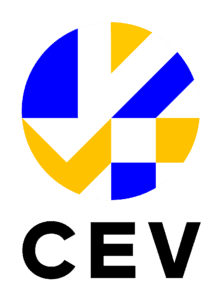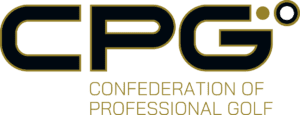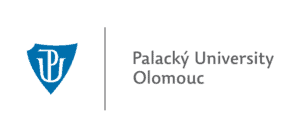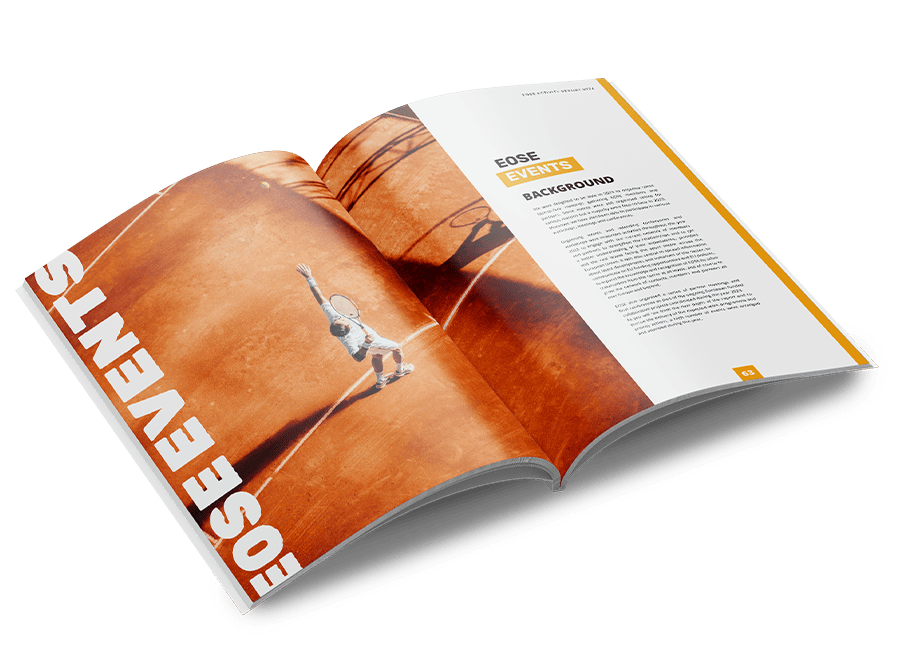EOSE Expertise
European Observatoire of Sport and Employment
With the support of its network of members and partners, EOSE has been able to cement its position in the sector as a sustainable, independent, non-profit civil society membership association and become recognised as an expert organisation acting as a focus for skills and workforce development in the sport and physical activity sector across Europe.
EXPECTED IMPACT
OF EOSE WORK PROGRAMME
ON EUROPEAN SOCIETY
SKILLS & WORKFORCE DEVELOPMENT IN THE SPORT SECTOR ACROSS EUROPE
A FOCUS ON SKILLS AND WORKFORCE DEVELOPMENT INITIATIVES
EOSE is working to pursue its overall vision for the sector and to provide a range of services and activities based on significant experience and expertise:
As an Adviser
Providing advice on the identification of the realities of the sector as well as priority actions to be implemented.
As a Partner
Leading or providing support and expertise to implement national and/or EU/Int. projects.
As a Facilitator
Supporting exchanges and debates between key stakeholders from the sector at the national and EU level.
As a Consultancy
Commissioned to undertake a range of services and provide expert support in various specialist areas.
As a Networker
Using its networks to expand the reach and impact of project work and the use of innovative tools.
The areas of Expertise
EOSE has developed a reputation and built-up respect in the field of education and employment in sport through the delivery of a successful series of transnational and innovative projects.
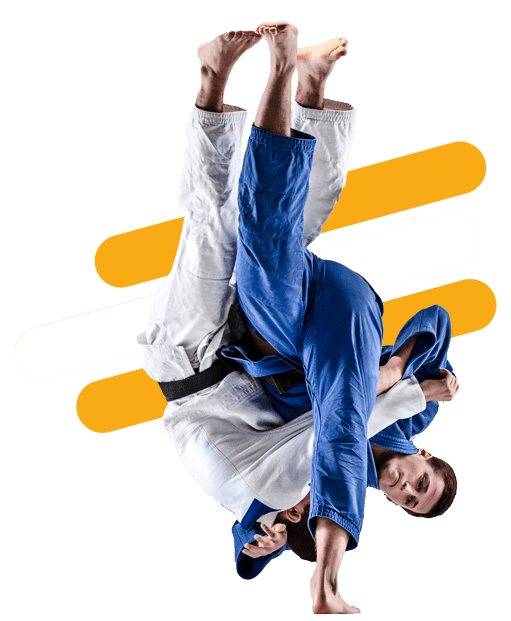
Research and analysis
Labour Market Intelligence, research strategies, questionnaire design and analysis
Project development and management
Project development, design, management and administration
EU policies and new initiatives
Particularly at European level, in education, employment and sport
Technical expertise in identifying and meeting skill needs
Occupational and functional mapping, Competence Standards development, Qualification design
Workforce development planning
Developing strategic approaches to ensure the involvement of people with the right skills
Sport and education systems
Systems analysis
“Sport: all forms of physical activity which, through casual or organised participation, aim at expressing or improving physical fitness and mental well-being, forming social relationships or obtaining results in competition at all levels”
Definition from the Council of Europe
7 Step Model
A PRACTICAL MODEL DERIVED FROM THE LIFELONG LEARNING STRATEGY
To respond to the education and training challenges of the sector and ensure that the sector delivers its potential, EOSE has developed a co-ordinated response entitles the Lifelong Learning Strategy for Sport and Physical Activity (7 Step Model).

1 - LABOUR MARKET INTELLIGENCE
The first step consists of conducting Labour Market Intelligence (LMI) to collect data from various sources using a range of techniques to be able to understand the characteristics of the sector and its current labour market (paid and unpaid), to assess the potential for growth and change and to identify the priorities areas.
It aims at:
- Assess how well the labour market is functioning and the appropriateness of VET systems
- Identify the potential for growth and future skills priorities
- Highlight the strongest needs of employers and the labour market.
This can be considered as the starting point for the development of occupational standards and qualifications or training programmes aimed at developing the priority occupations in the workforce.
2 - OCCUPATIONAL MAP
Step 2 is a natural progression from Step1 and all data collected about the labour market can be used to inform the Occupational
Map. Both Steps can be combined to provide a comprehensive and concise overview of the sector, the employment related issues
and the common job roles and key occupational areas.
It aims at:
- Provide context and background for the development of Occupational Standards and Education and Training strategies
- Provide a concise and comprehensive overview of the sector or sub-sector or individual sport
- Mapping of the key occupational areas and common job roles in an industry/sector, a sub-sector or an individual sport
- Identify the key occupations and job roles, trends and challenges affecting the workforce
- Track the economic contribution of the sector, and impact on wider social agendas.
The Occupational Map contributes to the context and background for the development of Occupational Standards and Education and Training strategies for a sector, a sub-sector or an occupation.
3 - OCCUPATIONAL DESCRIPTORS
Step 3 of 7 Step Model consists of developing occupational descriptors for the main occupations and job roles in the
sector/sub-sector or individual sport identified within the Occupational Map.
The aim of this step is to :
- Identify key tasks, skills and attributes which relate to a specific occupation
- Provide a breakdown of knowledge, qualifications and career routes
- Development of occupational descriptors for main occupations and job roles
- Discern a common title for roles that are essentially similar and identify commonality.
Occupational descriptors identify key tasks, skills and attributes which relate to a specific occupation as well as knowledge, qualifications and career routes, and therefore become a useful reference point for the development of occupational standards and qualifications and identifying career routes
4 - FUNCTIONAL MAP
The Functional Map is a graphic representation that describes the work activities taking place across an occupational sector or a specific sport.
Indeed, Functional Maps may be developed with different initial levels:
- an occupational sector (e.g. Health and Fitness, Outdoors)
- a specific sport (e.g. Golf, Basketball, Tennis)
- a specific occupation (e.g. Coaches, Referees).
It aims at:
- Include a complete breakdown of all functions carried out by individuals
- Provide a starting point for the formulation of Occupational Standards
Functional maps set out a framework from which occupational standards can be drawn and developed but they are not the occupational standards themselves.
5 - COMPETENCE FRAMEWORK / OCCUPATIONAL STANDARDS
The Competence Framework is made up of Occupational Standards which are units of competence which describe the skills and knowledge necessary to work in a sector.
The Occupational Standards are an extension of the Functional Map where each “key function” is simply broken down further to a level which describes what individuals in any occupation should be able to do, the standard they should achieve and the knowledge and understanding they need.
The Competence Framework is meant to:
- Outline the minimum core competences, knowledge and skills required
- Set a benchmark by which training organisations can measure their qualifications and training courses
- Ensure training providers provide individuals with labour market relevant skills and competences
6 - GUIDE TO QUALIFICATIONS AND LEARNING OUTCOMES
Step 6 is the point in the strategy where there is cross over from the area of employment to the area of education. The guide to Qualifications and Learning Outcomes (“the set of competence, skills and knowledge an individual acquires and/or is able to demonstrate after completion of a learning process” CEDEFOP, 2003) describes the guidance from the sector to education and training providers and national qualifications authorities concerning the development of learning programmes which help people reach the competence required for employment in the sector (matching the requirements in the occupational standards).
It is meant to:
- Provide a reference point to ensure there is a link between education and employment
- Allow training providers to create units of learning in line with Occupational Standards
- Provide a guide to teaching, credit and assessment strategies
7 - QUALITY ASSURANCE PROCESS
When looking at a sector as a whole, it is essential that there is trust and confidence from all stakeholders in the education and skills development system.
The last step of the LLL Strategy is embedding a crucial process that shall:
- Ensure the efficient implementation of VET systems. It is directly related to the “verification” and “accreditation” of qualifications being delivered by training or education providers.
- Promote confidence amongst employers, professionals, providers and the public Ensure education and training providers issuing certificates are subjected to a quality assurance process that can be trusted to ensure consistency.
WOULD YOU LIKE TO KNOW MORE ABOUT THE MODEL?
Contact us
Would you like to know more about our organisation? Interested in joining us as a member or partner?
Follow EOSE news
EOSE bi-monthly newsletter will keep you informed on the latest news, activities, developments, projects, and upcoming events. See latest newsletters
